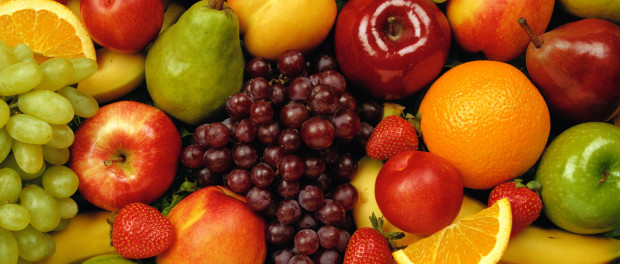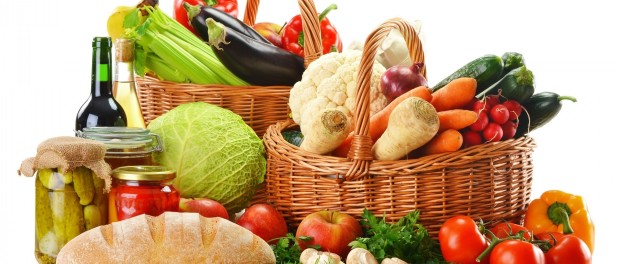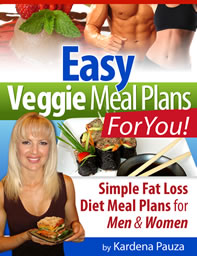 We actually have the ability to cultivate our tastes. In other words, keep trying vegetables, nuts and seeds in your diet. It won’t be long before something that once tasted ‘bad’ to you will be a vegetable or fruit you enjoy. A vegetarian diet can include a variety of greens, root vegetables, juices, nuts and seeds to ensure that our most important life insurance policy is paid up in full; that we are providing our bodies the health and nutrition that we need. We are, after all, exactly what we eat.
We actually have the ability to cultivate our tastes. In other words, keep trying vegetables, nuts and seeds in your diet. It won’t be long before something that once tasted ‘bad’ to you will be a vegetable or fruit you enjoy. A vegetarian diet can include a variety of greens, root vegetables, juices, nuts and seeds to ensure that our most important life insurance policy is paid up in full; that we are providing our bodies the health and nutrition that we need. We are, after all, exactly what we eat.
Some people take the position that ‘something’ will kill you at one point or another, so why not enjoy all the things that life has to offer. Unfortunately it may not be the length of life that is affected but the quality. Vegetarian diets decrease your risk of living life with pain, medications, need for oxygen delivery systems or faced with a life in a wheelchair, which is the outcome and not certain death.
 For instance, dietary habits in Norway were studied and found that women who ate a significant amount of fat from meat based diets had 2.5 times the risk for developing breast cancer than those who didn’t eat meat.
For instance, dietary habits in Norway were studied and found that women who ate a significant amount of fat from meat based diets had 2.5 times the risk for developing breast cancer than those who didn’t eat meat.
Another argument against a vegetarian diet is that they require more work since you must be sure to get the correct amount of protein and essential amino acids. But, there are no perfect foods and even people who routinely include meat in their diets can be malnourished for exactly the same reasons.
Vegetarian diets are a choice. But what is interesting is that because you eat a vegetarian diet doesn’t mean it has to be a total vegetarian diet to get the heath benefits from eating more fruits, vegetables, nuts and seeds. Integrating vegetarian cooking and meals into your daily habits will only help to improve your health and increase your energy.
References:
MayoClinic: Vegetarian Diet
http://www.mayoclinic.org/vegetarian-diet/art-20046446
MedlinePlus: Vegetarian Diet
http://www.nlm.nih.gov/medlineplus/vegetariandiet.html
American Heart Association: Vegetarian Diets
http://www.heart.org/HEARTORG/GettingHealthy/NutritionCenter/Vegetarian-Diets_UCM_306032_Article.jsp
KidsHealth: Becoming a Vegetarian
http://kidshealth.org/teen/food_fitness/nutrition/vegetarian.html
The Vegetarian Resource Group: Veganism in a Nutshell
http://www.vrg.org/nutshell/vegan.htm
Colorado State University Extension: Vegetarian Diets
http://www.ext.colostate.edu/pubs/foodnut/09324.html
| Advertisement | |
 |
|


Leave a Reply